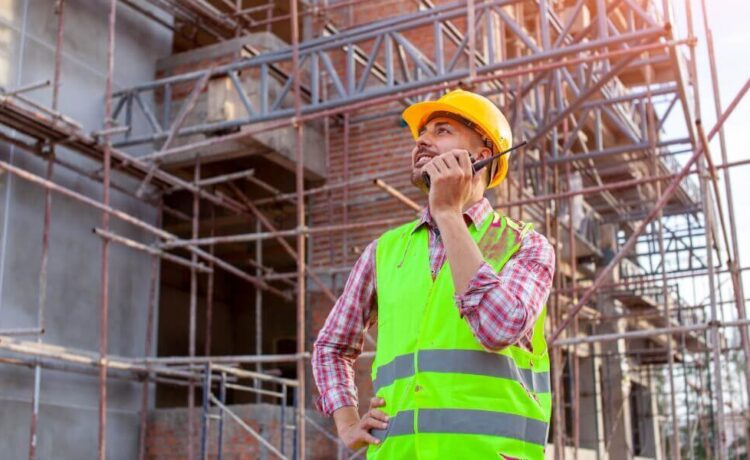A pre-purchase inspection thoroughly examines a property’s condition conducted by a qualified professional inspector. This assessment covers various aspects of the property, including the structure, plumbing, electrical systems, heating and cooling units, and more. The primary goal is to identify any existing or potential issues that could impact the property’s value, safety, and livability. A pre-purchase inspection insights into the property’s condition, helping you make an informed decision and negotiate from a position of strength.
1. Uncover hidden issues
Even a seemingly perfect property can conceal underlying problems that are not immediately apparent to the untrained eye. A professional inspector has the expertise and experience to detect issues that may have been missed or overlooked during casual viewings. From structural defects to potential safety hazards, a pre-purchase inspection can reveal these hidden concerns before you commit to the purchase this contact form.
2. Negotiate with confidence
Armed with the information from a pre-purchase inspection report, you’ll have a stronger bargaining position when negotiating the purchase price or requesting repairs. If significant issues are identified, you can use the report as leverage to renegotiate the terms or potentially walk away from the deal if the concerns are too substantial.
3. Plan for future expenses
A pre-purchase inspection can provide you with a clear understanding of the property’s condition and anticipated maintenance or repair costs. This knowledge allows you to budget accordingly and plan for any necessary upgrades or renovations, ensuring you’re financially prepared for the long-term ownership of the property.
Choosing the right inspector
Not all inspectors are created equal. Selecting a qualified and experienced professional with a thorough understanding of building codes, construction practices, and your area’s specific requirements is essential.
1. Look for certifications and licenses
Reputable inspectors should hold relevant certifications and licenses from recognized organizations. These credentials demonstrate their expertise and commitment to maintaining high professional standards.
2. Check experience and reputation
Consider an inspector’s industry experience and reputation within the local community. Read reviews, ask for references, and ensure they have a track record of conducting thorough and reliable inspections.
3. Inquire about inspection process and report
Before hiring an inspector, ask about their inspection process and the format of their reports. A comprehensive report with detailed findings and recommendations is essential for making informed decisions.
Expect during a pre-purchase inspection
During a pre-purchase inspection, the inspector will thoroughly examine the inside and outside of the property. They will assess the condition of various components, including:
- Structural elements (foundation, framing, roof)
- Exterior (siding, windows, doors, drainage)
- Interior (floors, walls, ceilings, insulation)
- Plumbing and electrical systems
- Heating, ventilation, and air conditioning (HVAC) systems
- Appliances and fixtures
- Attic and crawlspaces
- Garage or outbuildings
The inspection process typically takes several hours, depending on the size and complexity of the property. Attending the inspection is recommended to ask questions and better understand the inspector’s findings.
Roadmap to making informed decisions
After the inspection, the inspector will provide a detailed report outlining their findings
- A summary of the property’s overall condition
- Detailed descriptions of any issues or defects identified
- Recommendations for repairs or further evaluations
- Photographs or videos documenting the identified concerns
Carefully review the inspection report and discuss with the inspector. This information will be invaluable in an informed decision about whether to proceed with the purchase, negotiate for repairs or a lower price the deal altogether.






